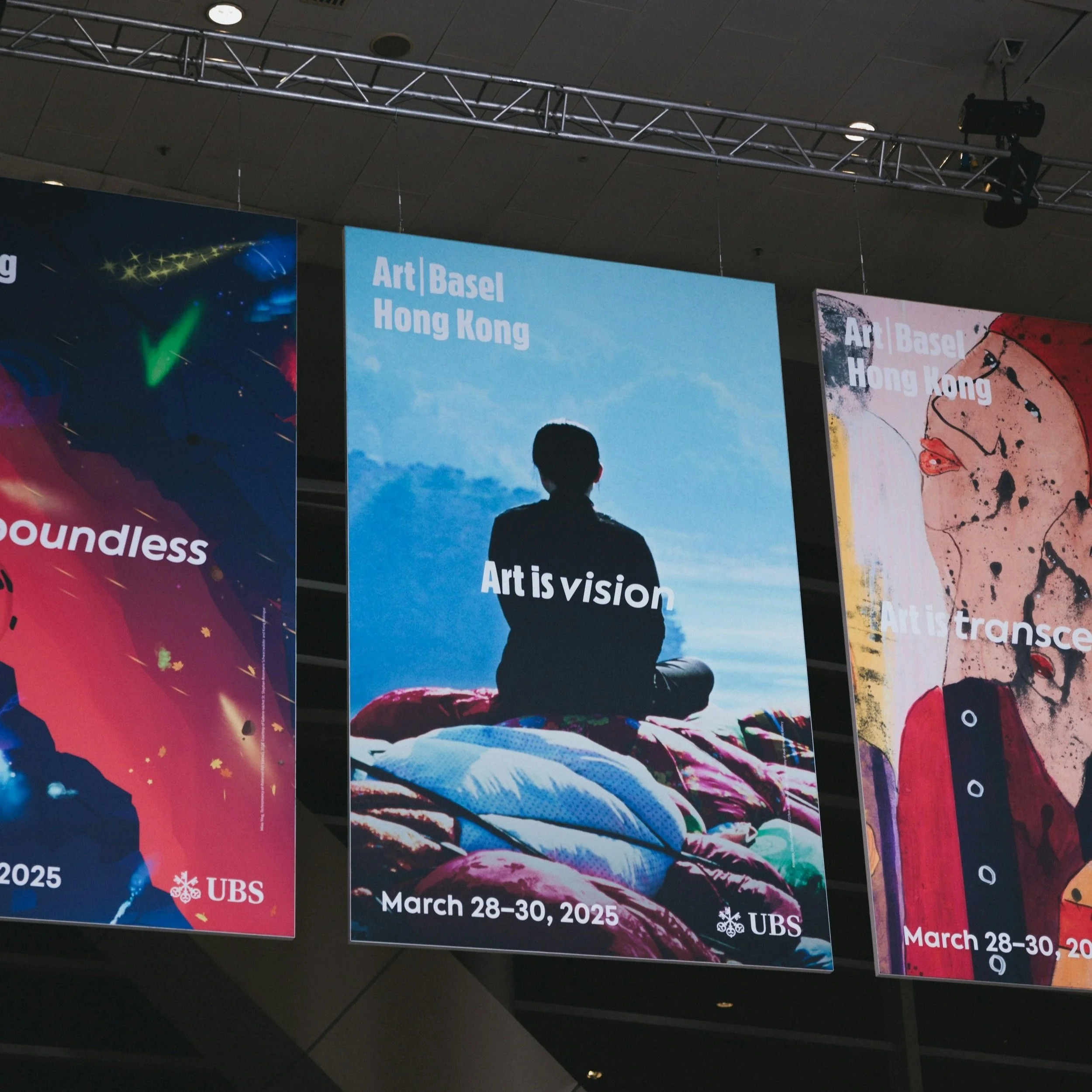The Top Event Marketing Strategies
Event marketing in 2025 is more dynamic, intelligent, and personalized than ever before. Brands seeking maximum impact are blending cutting-edge technology with authentic human experiences to boost engagement, ROI, and long-term loyalty. Here are the strategies leading the field this year.
1. Personalization Powered by AI
Personalization isn’t just a trend—it’s expected. Event marketers are using AI to analyze attendee data and deliver tailored schedules, content, and networking opportunities. Custom communications, smart recommendations, and targeted follow-ups drive satisfaction and maximize engagement.
AI-driven matchmaking for networking sessions
Automated agenda suggestions based on attendee interests
Dynamic emails and mobile app content updates
2. Hybrid and Flexible Event Models
Hybrid events remain a strategic must. These formats expand reach by enabling both in-person and virtual attendance, offering flexibility for busy professionals and global audiences.
Live streaming keynote sessions and workshops
Interactive virtual exhibitor booths
On-demand content libraries post-event
3. Immersive and Innovative Experiences
Technology like AR, VR, and immersive installations are elevating attendee engagement. Brands are creating multi-sensory experiences that invite participation and spark lasting memories.
Gamified event apps with leaderboards, quizzes, and scavenger hunts
VR product demos and destination tours
Interactive event branding: digital walls, real-time polls, and photo booths
4. Sustainability and Purpose-Driven Marketing
Sustainable practices are now a competitive differentiator. Eco-conscious event marketers use digital tools, source ethical materials, and transparently communicate environmental commitments to attract values-driven audiences.
Digital tickets and guides instead of printed materials
Sourcing local, sustainable catering and merchandise
Carbon offset programs and measurable sustainability goals
5. Community Building Before, During, and After Events
Forming a loyal community around your event is essential for long-term brand success. Marketers are nurturing relationships through exclusive content, digital groups, and curated experiences that start well before the event and continue after.
Invite-only online communities for registrants
Branded challenges and UGC (user-generated content) contests pre-event
Post-event engagement: feedback loops, continuous networking, and exclusive webinars
6. Data-Driven Decision Making
Measuring what matters is central in 2025. Marketers are using advanced analytics to track engagement, optimize content, and prove ROI. These insights also inform improvements for future events.
Real-time dashboards monitoring attendee sentiment and activity
Content and session effectiveness scoring
Behavior-driven communications post-event
7. Influencer and Partnership Collaborations
Collaborating with respected industry figures and partners amplifies reach and credibility. Influencer co-hosted sessions, sponsored content, and partner-led activations drive authentic buzz.
Social media takeovers and live interviews
Guest blog series and podcast episodes
Joint branded experiences at the event
8. Inclusive and Accessible Events
Accessibility is at the core of modern event marketing. Marketers ensure content is available to everyone through adaptive formats, real-time translations, and inclusive on-site designs.
Automated captioning and multiple language support
Physical accessibility options for venues
Customizable event experiences for all audience needs
Innovative event marketers embracing these strategies are transforming events into data-driven, relationship-building powerhouses. By aligning technology with human connection and purpose, your event marketing in 2025 can stand out, drive deeper engagement, and deliver measurable value for both your brand and your audience


